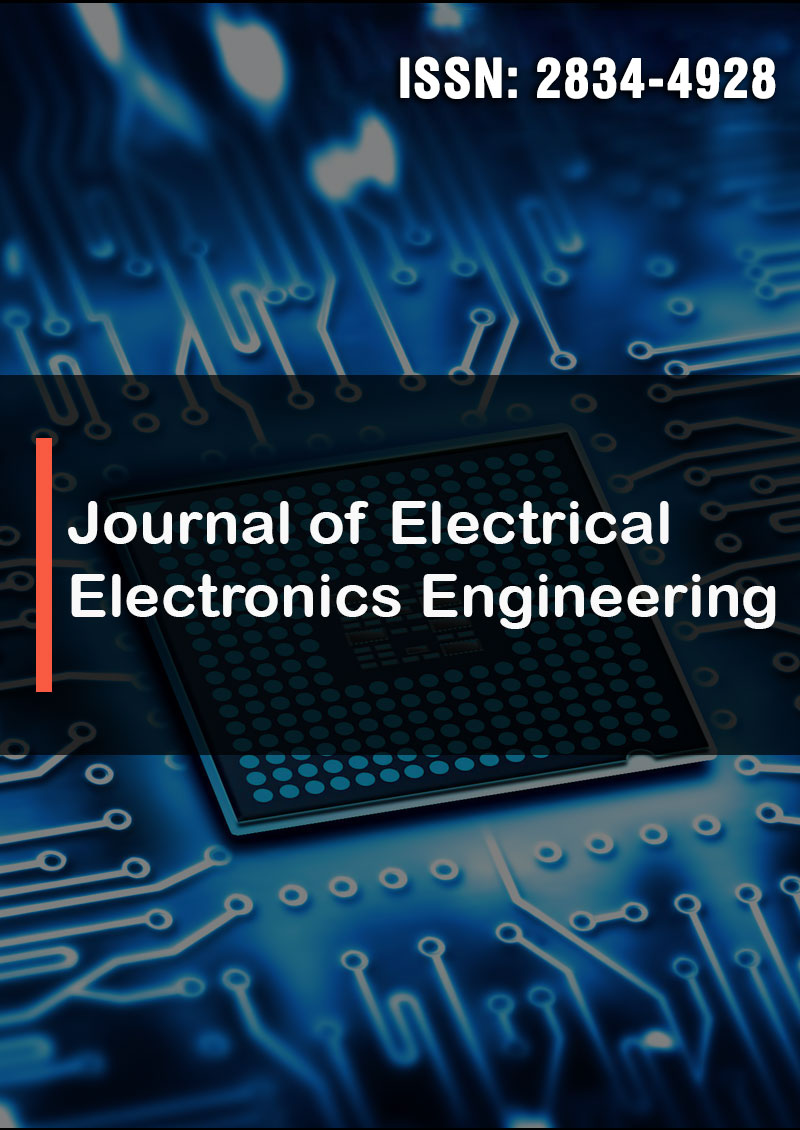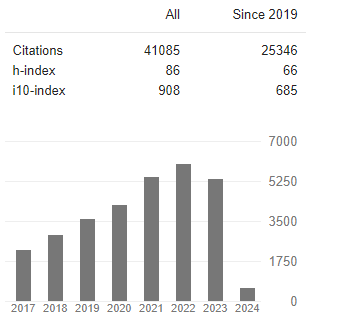Transforming Education with Artificial Intelligence: Potential and Obstacles in Developing Countries
Abstract
Musawer Hakimi, Amir Kror Shahidzay and Jaamay Kohistani
Artificial intelligence harbors significant, unrealized promise for educational reformers, adding benefit to low-resource settings, particularly in the Least Developed Nations where access to quality learning remains most acute. The purpose of the introduction is to summarize how AI can reduce the educational gap and increase the effectiveness of education in poor resource environments. This paper, in a critical way, reviews the existing literature on the integration of AI in the education systems of developing countries concerning the benefits and challenges. This is achieved by reviewing a cross-section of literature from MDPI, Taylor & Francis, Springer, Wiley Online Library, Science Direct, and IEEE Xplore databases. Much emphasis within the selection criteria is given to those studies that had either empirically or theoretically demonstrated the influence of AI on educational practices within developing countries. Key findings: AI has the potential to greatly improve learning outcomes; it somewhat increases access to education but bodes well for the personalization agenda. These, however, will be surmounted upon adoption if it is to be effective: there exist huge challenges such as limited access to the internet, infrastructural deficit, and socio-cultural barriers. This study can, therefore, give inference to the fact that AI can change education and further enhance new equity in developing countries if there are corresponding proper policy interventions, building the capacity of teachers, and involvement of the community. More research is required to inform the long-term implications of AI and new uses being developed for AI applications in many diverse educational contexts, on which to base strategies for more equitable and more inclusive global education.




